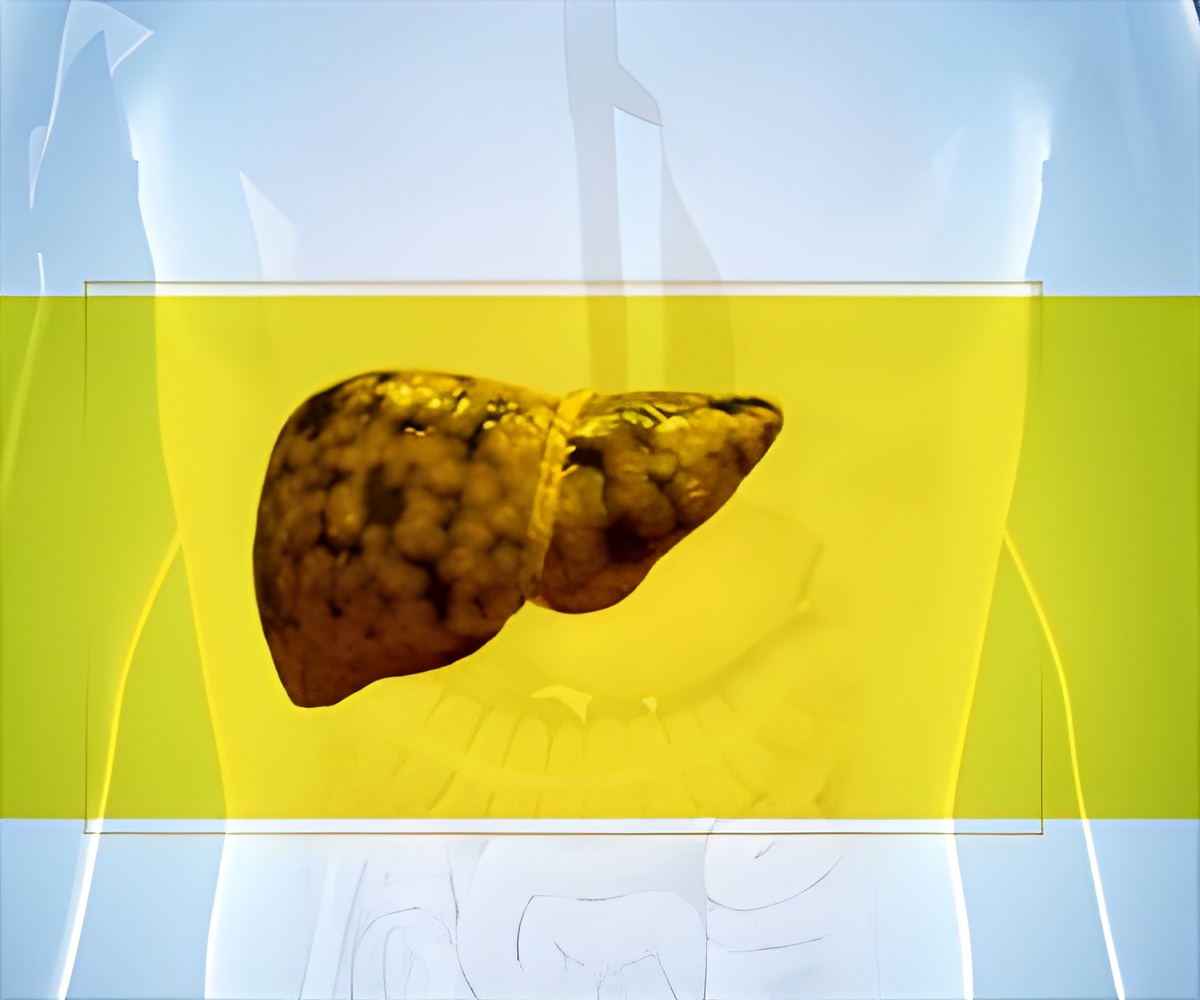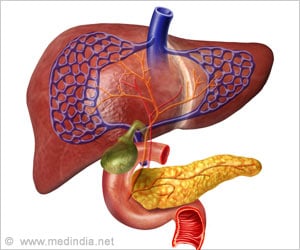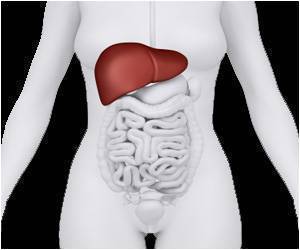New recommendations developed help health care workers to diagnose patients with liver disease more accurately, as they help improve the use of liver blood tests.

‘New guidelines give the definitions for abnormal blood tests and advise to patients with liver disease, as to when the liver blood tests should be done.’





While the number of deaths from other common conditions is falling in the UK, those due to liver disease have been increasing dramatically, with a 400 percent increase in death rates between 1970 and 2010. Death rates due to liver disease has also risen sharply in younger people, with a 500 percent increase in the same period for those aged under 65.Lead author Professor Philip Newsome, Director of the Centre for Liver Research at the University of Birmingham's Institute of Immunology and Immunotherapy, said: "Liver disease develops silently; there may be no signs or symptoms until the complications of liver failure develop.
"Since the current liver blood tests were developed in the 1950s, they have been the mainstay of liver disease identification. Unfortunately the way liver blood tests are interpreted means that many patients with liver disease are not identified until at a late stage.
"Liver blood or function tests are checked ever more frequently in both primary and secondary care in an attempt to exclude liver disease, for the monitoring of potential adverse effects of drugs on the liver such as statins, and for the investigation of the generally unwell patient.
"These tests often produce an abnormal result, the clinical significance of which is unclear.
Advertisement
"This frequently leads to a cycle of additional liver blood test testing in an otherwise asymptomatic individual. Notably, many patients referred to hospital with abnormal liver tests do not have any evidence of significant liver disease."
Advertisement
They also include definitions for 'abnormal' blood tests and advise when patients should have liver blood tests, as well as offering advice on pathways and tools for managing patients with abnormal test results.
Professor Newsome adds, "The pathways will be freely disseminated and should be incorporated into primary care IT systems to allow automatic calculation of risk scores when appropriate, to ensure recommendations can be put into practice."
They also state that research is needed to establish the most cost-effective approach to identify patients with alcohol-related liver disease and non-alcoholic fatty liver disease at risk of having advanced liver fibrosis.
The recommendations now supersede earlier guidelines in 2000 and were commissioned by the Clinical Services and Standards Committee of the British Society of Gastroenterology.
Source-Eurekalert















